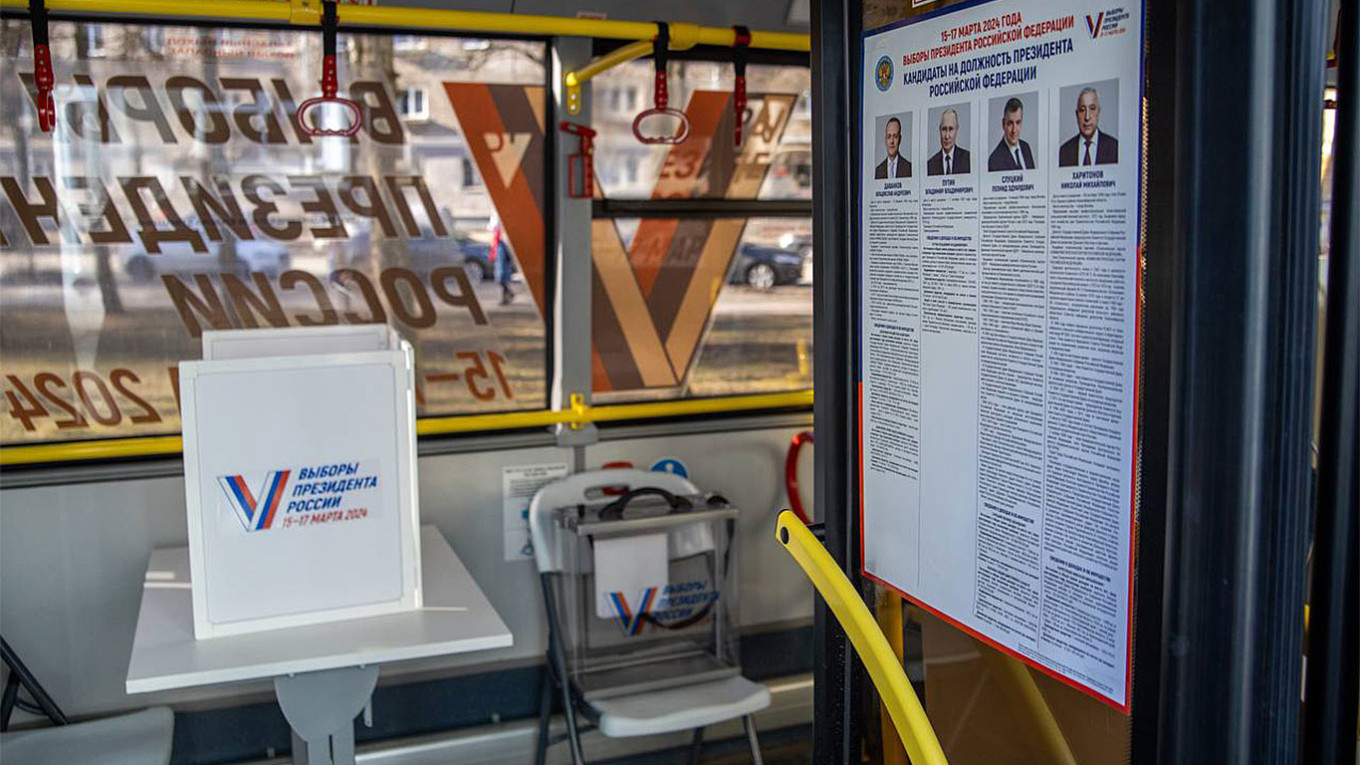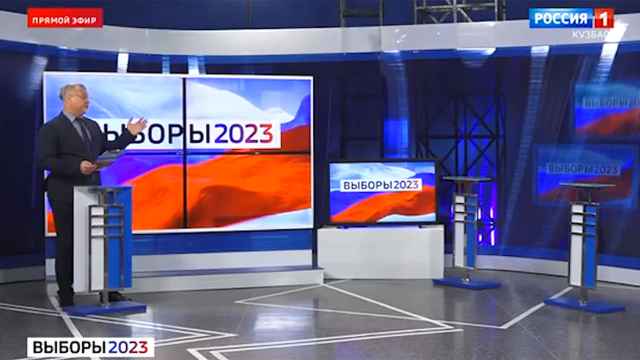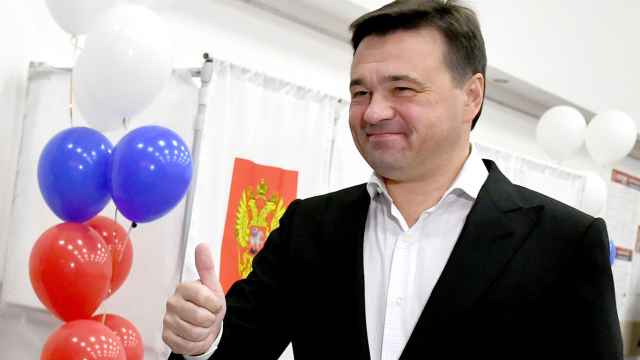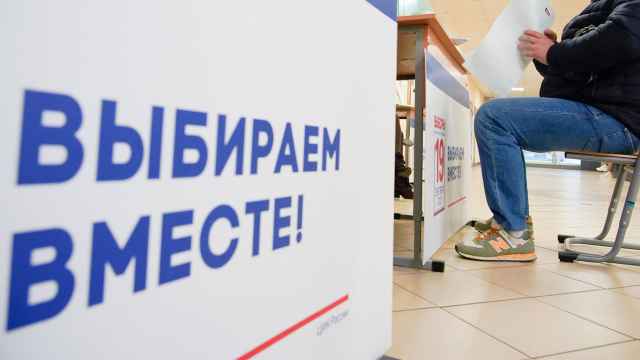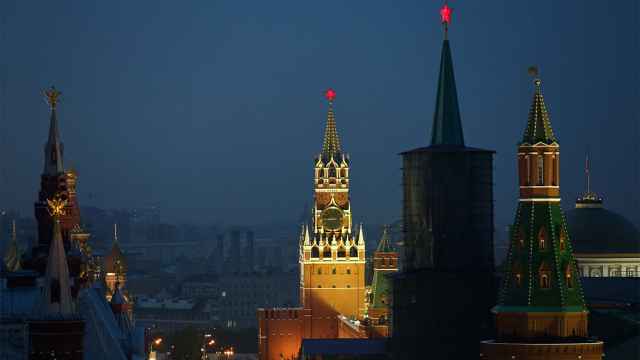Russia’s Central Election Commission (CEC) announced Wednesday that it will set up special polling places for next week’s presidential race along the country’s borders with Poland, Belarus and the three Baltic states.
The CEC said Russian citizens “who for various reasons” live in the five neighboring countries would be able to vote at specially organized polling places in the northwestern frontier regions of Leningrad and Pskov, as well as the exclave Kaliningrad.
“We understand that a large number of our voters are left there [abroad] and they wouldn’t be able to fulfill their constitutional duties,” said Igor Sopov, who heads the CEC’s local branch in the Pskov region.
“Following the request from the Central Electoral Commission, we have prepared mobile polling stations,” he added, noting that voters would be able to cast their ballots inside specially equipped buses, where they would also be offered free coffee, tea and snacks.
Next week, Russians head to the polls in the March 15-17 presidential election, which President Vladimir Putin is all but guaranteed to win as he faces no real opposition on the ballot.
Election officials assured that the specially organized polling stations, such as those located inside buses, would be equipped with cameras for monitoring the voting process.
The CEC’s announcement on Wednesday comes days after Latvia’s Justice Minister vaguely suggested that Russian citizens living in the Baltic country would be breaking the law by showing up to vote at the Russian embassy in Riga.
She argued that those who plan to vote in next week's presidential election “essentially support” Moscow's invasion of Ukraine since Russia is also holding the election in parts of occupied Ukraine, as well as annexed Crimea.
A Message from The Moscow Times:
Dear readers,
We are facing unprecedented challenges. Russia's Prosecutor General's Office has designated The Moscow Times as an "undesirable" organization, criminalizing our work and putting our staff at risk of prosecution. This follows our earlier unjust labeling as a "foreign agent."
These actions are direct attempts to silence independent journalism in Russia. The authorities claim our work "discredits the decisions of the Russian leadership." We see things differently: we strive to provide accurate, unbiased reporting on Russia.
We, the journalists of The Moscow Times, refuse to be silenced. But to continue our work, we need your help.
Your support, no matter how small, makes a world of difference. If you can, please support us monthly starting from just $2. It's quick to set up, and every contribution makes a significant impact.
By supporting The Moscow Times, you're defending open, independent journalism in the face of repression. Thank you for standing with us.
Remind me later.


